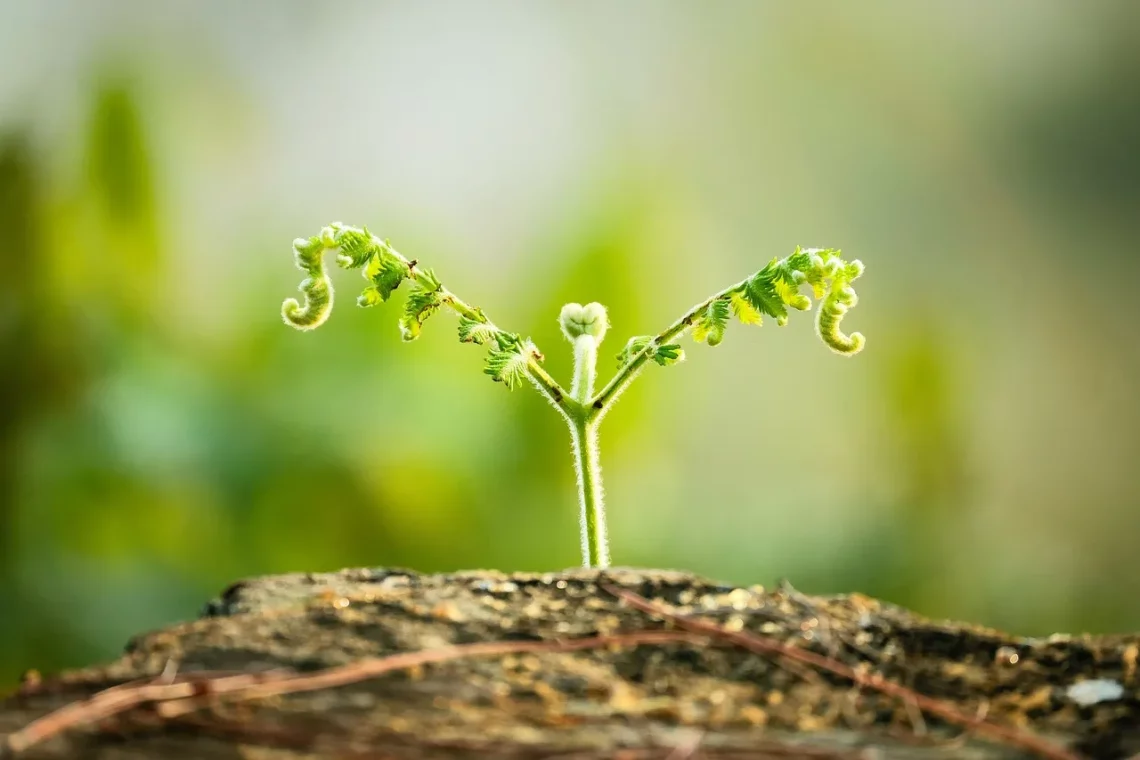
The Good Seed: Cultivating Hope and Growth in Our Lives
In the journey of life, we often find ourselves grappling with challenges that test our resilience and determination. These challenges, however, can also serve as fertile ground for personal growth and transformation. Just as a small seed holds the potential to blossom into a magnificent tree, our experiences, both good and bad, can cultivate hope and foster growth within us. The concept of nurturing a “good seed” is not merely about physical cultivation; it extends to our emotional, mental, and spiritual well-being.
The good seed symbolizes the inherent potential we all possess to rise above adversity, to learn from our experiences, and to cultivate a life filled with purpose and meaning. It encourages us to dig deep within ourselves, to reflect on our passions, values, and aspirations. By embracing the idea of growth and renewal, we can create an environment where hope flourishes, and our dreams take root.
This notion of the good seed serves as a reminder that, despite the challenges we face, change is possible. It invites us to be proactive in our personal development, to seek opportunities for learning, and to embrace the journey of self-discovery. Ultimately, cultivating hope and growth in our lives requires intention, patience, and the understanding that every small step contributes to the larger picture of who we are becoming.
Understanding the Power of Mindset
At the heart of cultivating hope and growth lies the concept of mindset. The way we perceive our circumstances significantly influences our ability to navigate life’s ups and downs. A growth mindset, as defined by psychologist Carol Dweck, is the belief that our abilities and intelligence can be developed through dedication and hard work. This perspective fosters a love for learning and resilience, essential for overcoming challenges.
When we adopt a growth mindset, we begin to view obstacles not as barriers but as opportunities for learning and development. This shift in perspective allows us to embrace failures as stepping stones toward success. For instance, consider an individual who faces a setback in their career. Instead of viewing this as a personal failure, they might see it as a chance to acquire new skills, network with others, or explore different career paths. This proactive approach can lead to unexpected opportunities and personal growth.
Moreover, a positive mindset can have profound effects on our emotional well-being. Research suggests that individuals with a growth mindset experience lower levels of stress and anxiety. They are more likely to approach challenges with optimism and resilience, which can lead to healthier coping mechanisms. By focusing on what we can control—our thoughts, actions, and responses—we can cultivate a sense of empowerment that propels us forward.
To develop a growth mindset, it is essential to engage in self-reflection. Regularly assess your thoughts and beliefs about your abilities. Are there areas where you feel stuck or limited? Challenge these beliefs by seeking out resources, mentors, or workshops that can help you expand your skills and knowledge. Surround yourself with individuals who inspire and uplift you, as their positive energy can be contagious.
In addition, practice gratitude as a means of shifting your focus from what is lacking to what is abundant in your life. By acknowledging your accomplishments, no matter how small, you reinforce the belief that growth is possible. Celebrate your progress, and remember that every step you take, however minor, contributes to your overall journey of self-improvement.
Setting Intentions for Personal Growth
Setting intentions is a powerful practice that aligns our actions with our values and aspirations. Unlike mere goals, which often focus on specific outcomes, intentions emphasize the process and the mindset we bring to our endeavors. By articulating clear intentions, we create a roadmap for personal growth that is both meaningful and fulfilling.
To begin setting intentions, take time to reflect on what truly matters to you. What are your core values? What areas of your life do you wish to cultivate? For example, if you value health, you might set an intention to prioritize self-care and wellness. If you seek to strengthen your relationships, your intention could be to communicate openly and authentically with those you care about.
Once you have identified your intentions, write them down and revisit them regularly. This practice reinforces your commitment and keeps you accountable. Consider creating a vision board or journal that visually represents your intentions. This tangible reminder can serve as motivation during challenging times.
Another important aspect of setting intentions is to remain flexible. Life is unpredictable, and circumstances may change. Be open to adjusting your intentions as needed, allowing for growth and exploration. Embrace the idea that personal growth is not a linear path; there will be detours and unexpected twists along the way.
Additionally, share your intentions with trusted friends or family members. This creates a support system that encourages you to stay committed and engaged in your personal growth journey. Engaging in conversations about your intentions can also provide fresh perspectives and insights, enriching your understanding of yourself and your aspirations.
Incorporating mindfulness practices into your routine can further enhance your ability to set and maintain intentions. Mindfulness encourages present-moment awareness, allowing you to connect deeply with your intentions and assess whether your daily actions align with them. This alignment fosters a sense of purpose and fulfillment, reinforcing the belief that you are actively cultivating the life you desire.
The Role of Community in Growth
While personal growth is often considered an individual journey, the role of community cannot be underestimated. Our connections with others provide vital support, encouragement, and accountability, all of which are essential for fostering hope and growth in our lives. A strong community can act as fertile soil, nourishing our aspirations and helping us thrive.
Engaging with a community that shares similar values and goals can significantly enhance our growth experiences. Whether it’s a group focused on personal development, a book club, or a sports team, these connections create opportunities for collaboration and learning. By surrounding ourselves with individuals who inspire us, we can gain new perspectives and insights that propel us forward.
Moreover, communities offer a safe space for vulnerability. Sharing our challenges and triumphs with others fosters deeper connections and can lead to valuable support networks. When we open up about our struggles, we often find that others have faced similar experiences. This shared understanding creates empathy and solidarity, reminding us that we are not alone in our journeys.
Participating in community activities, volunteering, or joining interest-based groups can also provide avenues for growth. These experiences allow us to step outside our comfort zones, develop new skills, and meet diverse individuals. Each interaction contributes to our understanding of ourselves and the world around us, enriching our personal growth journey.
Additionally, mentorship plays a crucial role in community-driven growth. Seeking guidance from those who have walked similar paths can provide invaluable insights and encouragement. A mentor can offer advice, share experiences, and challenge us to stretch beyond our perceived limitations. Establishing a mentor-mentee relationship creates a dynamic where both parties can learn and grow together.
As we engage with our communities, it is essential to contribute as well. Sharing our knowledge, experiences, and support can foster a sense of reciprocity that strengthens the bonds within our community. By uplifting others, we not only contribute to their growth but also reinforce our own sense of purpose and fulfillment.
In conclusion, the good seed represents the potential for growth and transformation in our lives. By understanding the power of mindset, setting intentions, and embracing the role of community, we can cultivate hope and create a life filled with meaning and purpose. Remember, personal growth is a lifelong journey, and every step taken, no matter how small, contributes to the larger narrative of who we are becoming.
This article is not intended as medical advice. Please consult with a healthcare professional for any health-related issues.




